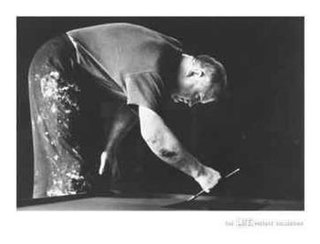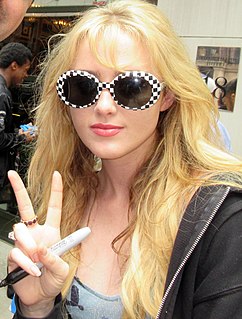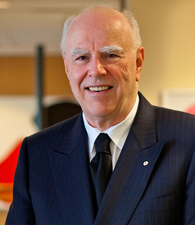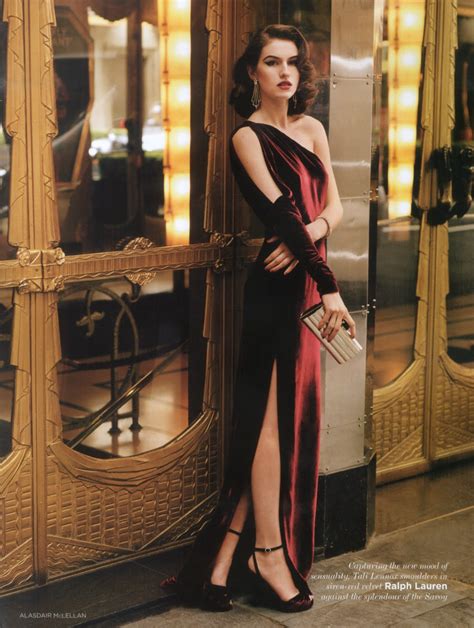Цитата Тима Крауча
Искусство — субъективная вещь, и оно должно быть субъективной вещью. И трудность субъективности в том, что она становится чрезвычайно проблематичной, когда вы начинаете вкладывать большие суммы денег в предметы искусства. Вот где все начинает становиться немного липким.
Связанные цитаты
Единственная цель пятидесятилетнего абстрактного искусства состоит в том, чтобы представить искусство как искусство и ни что иное, сделать его единым, чем оно есть, все более и более отделяя и определяя его, делая его чище и пустее, более абсолютным и более исключительные - необъективные, нерепрезентативные, нефигуративные, неимажинистские, неэкспрессионистские, несубъективные. единственный и единственный способ сказать, что такое абстрактное искусство или искусство как искусство, — это сказать, чем оно не является.
Никому не стоит говорить, что их роман отстой, если у вас нет идеи, как сделать его лучше, как подойти к нему с разных сторон и заставить его работать. Очевидно, что это субъективный процесс, верно? Но дело в субъективности, по крайней мере, в классе, заключается в том, что вы делаете ставку на субъективность вашего преподавателя как на личную, так и на профессиональную — что он или она имеет какое-то представление о мире за пределами семинара.
Проблема заключается в противопоставлении субъективной и объективной точек зрения. Существует тенденция искать объективное объяснение всего, прежде чем признать его реальность. Но часто то, что представляется с более субъективной точки зрения, не может быть объяснено таким образом. Так что либо объективное представление о мире неполно, либо субъективное содержит в себе иллюзии, которые следует отвергнуть.
Наблюдение за физическими объектами и игра с ними могут открыть доступ к символическим идеям. Когда я изучал физику и математику в университете, все это было сделано с помощью уравнений и учебников, в то время как художники ходят в художественную школу и начинают создавать вещи; они бросают краску на стены, танцуют и бьют друг друга гигантскими кусками металла. Наше общество стало думать о науке как об очень абстрактной вещи, а об искусстве как о материализованной.





































